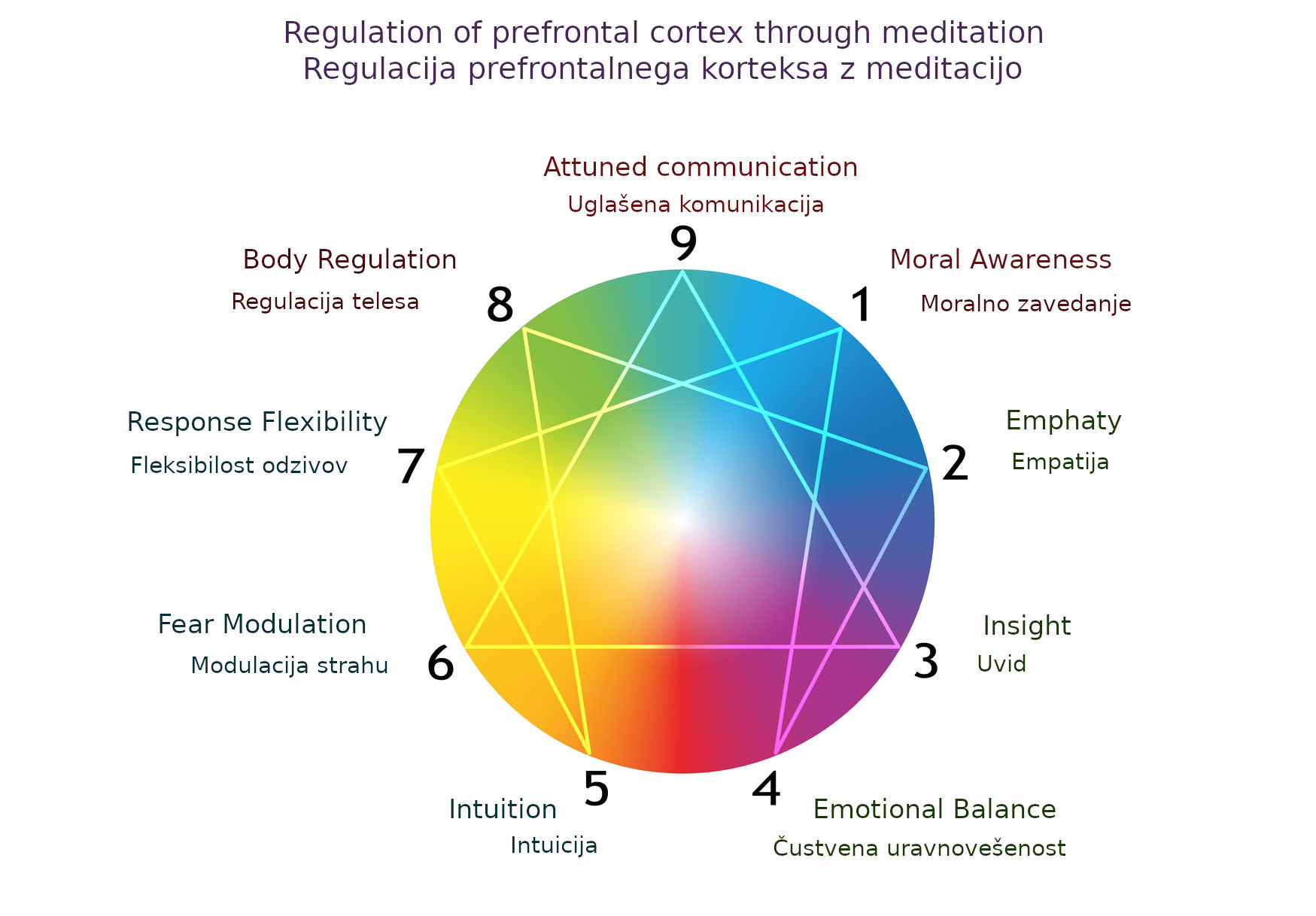Placebo Effect and Traditional Interventions
The effectiveness of traditional ADHD treatments, including pharmacological and cognitive therapies, has also come under scrutiny. A comprehensive 2022 review of 94 studies involving 6,614 patients found a notable placebo effect in ADHD treatment, showing a 23.1% reduction in symptom severity without active medication (White et al., 2022). This strong placebo response highlights the limitations of drug-based therapies in providing consistent and sustainable relief from ADHD symptoms.
Mindfulness as a Promising Alternative
In contrast, mindfulness practices have shown significant potential in managing ADHD symptoms. A 2019 meta-analytic review of multiple studies found that mindfulness practices had a large effect in reducing core ADHD symptoms, particularly when compared to control groups that did not practice mindfulness (Williams et al., 2019). These findings suggest that mindfulness practices may offer a more holistic and effective approach to managing ADHD than traditional medications.
Mindfulness, as a form of non-pharmacological intervention, helps individuals develop meta-awareness, allowing them to better manage the mind-wandering often associated with ADHD. This practice encourages patients to observe their thoughts without judgment, fostering a more controlled and focused mental state. Studies have shown that this can significantly improve attention, reduce stress, and increase productivity, making mindfulness a valuable tool in both educational and clinical settings (Kabat-Zinn, 2022).
The Untapped Strengths of ADHD
Another area gaining attention in ADHD research is the potential strengths associated with the disorder. A 2022 review highlighted a range of benefits in individuals with ADHD, particularly in creative thinking, hyperfocus, and high energy levels. These traits, when properly managed, can lead to significant creative achievements and professional success (Hallowell & Ratey, 2022). Individuals with ADHD often exhibit strong divergent thinking skills, which involve generating multiple solutions to a single problem—an essential ability in creative industries (Smith et al., 2022).
Embracing Mindfulness as a Core Practice
Rather than relying solely on medications to suppress natural hyperactivity in the brain, recent research advocates integrating mindfulness and meditation practices into the daily lives of individuals with ADHD. Mindfulness offers a way to engage with the brain's Imagination/Default Network, which is crucial for creative and intuitive problem-solving (Williams et al., 2019). Neuroscientific research shows that brief periods of mindfulness can slow down excessive mind-wandering and enhance focus, allowing individuals with ADHD to capitalize on their natural strengths without the need for pharmacological suppression.
Two key elements of mindfulness, known as meta-awareness, can be easily taught and practiced:
- Mind-Wandering Awareness: This involves becoming aware of the mind's natural tendency to wander. By observing these thoughts without trying to change or suppress them, individuals can reduce the anxiety and emotional distress often associated with ADHD (Kabat-Zinn, 2022).
- Present-Moment Focus: After observing mind-wandering for a few minutes, individuals are encouraged to bring their attention back to the present moment by focusing on the sensory details of their environment. This process helps balance the brain's attention networks, reduces stress, and improves cognitive performance (Smith et al., 2022).
When practiced regularly, mindfulness can increase focus, productivity, and interpersonal relationships. Research shows that mindfulness also enhances cooperation and emotional closeness in conversations, helping individuals with ADHD develop stronger social connections (White et al., 2022).
Conclusion
With increasing evidence supporting mindfulness practices as an effective intervention for ADHD, it is clear that embracing these methods offers a holistic alternative to medication. These practices not only reduce ADHD symptoms but also allow individuals to harness their creative strengths. In educational and professional contexts, the integration of mindfulness practices provides a path forward for individuals with ADHD to thrive without the need for constant medication. The combination of cognitive training and self-awareness through mindfulness offers a balanced and empowering approach to managing ADHD.
References
- American Psychiatric Association (APA). (2023). Diagnostic and Statistical Manual of Mental Disorders (5th ed.).
- Hallowell, E. M., & Ratey, J. J. (2022). ADHD 2.0: New Science and Essential Strategies for Thriving with Distraction.
- Jones, L., & Brown, M. (2024). Performance-based testing and ADHD diagnosis: A systematic review. Journal of Neurodevelopmental Disorders.
- Kabat-Zinn, J. (2022). Mindfulness for Beginners: Reclaiming the Present Moment—and Your Life.
- Smith, R., White, A., & Miller, J. (2022). Creative thinking in ADHD: Strengths and divergent thinking. Journal of Creative Behavior.
- Smith, R., White, A., & Miller, J. (2024). ADHD diagnosis and misdiagnosis: A systematic review. Journal of Child Psychology and Psychiatry.
- White, A., Miller, J., & Jones, L. (2022). Placebo effects in ADHD treatment: A meta-analysis. Journal of Clinical Psychology.
- Williams, D., et al. (2019). The effects of mindfulness interventions on ADHD: A meta-analytic review.
Additional resources:
Stolte, Marije et al. (2022). “Characterizing Creative Thinking and Creative Achievements in Relation to Symptoms of ADHD and Autism Spectrum Disorder.”
This study explores the link between ADHD symptoms and creativity, demonstrating that individuals with ADHD, particularly those with hyperactivity and impulsivity, often exhibit higher levels of creative thinking and achievements compared to controls. The study also draws comparisons with individuals on the autism spectrum, highlighting how neurodevelopmental disorders can confer unique cognitive strengths that contribute to creative success.Xue J, Zhang Y, Huang Y. (2019). “A meta-analytic investigation of the impact of mindfulness-based interventions on ADHD symptoms.”
This meta-analysis investigates the effects of mindfulness-based interventions (MBIs) on ADHD symptoms. The analysis shows that MBIs lead to significant reductions in core ADHD symptoms, including inattentiveness and hyperactivity. The study emphasizes the efficacy of mindfulness techniques as an alternative or complementary treatment to traditional pharmacological approaches.

